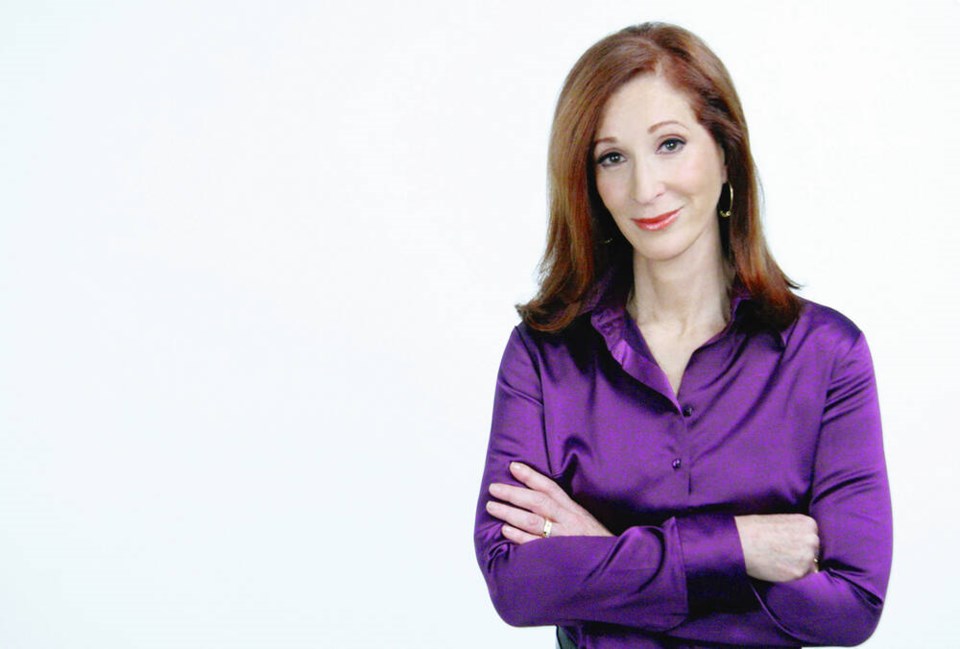My high school girlfriend and I parted when we went off to different universities to study completely different disciplines. We were both 19 then and promised we’d get back together and marry when we each graduated.
We did just that, had three children, raised them, and immersed ourselves in our separate careers. Now, two of our adult children have partners, but the youngest says she’s “seen where this goes,” by which she means “divorce.”
Since she was home during the latter years of our marriage, she was often aware of her parents’ separate interests, separate friends, and separate travels.
No surprise, we both found new companions. And my ex and I have both tried to maintain regular connections with our adult children.
But there’s been a big, welcome surprise for me… I’m in love! And so is she! At 49, I’m feeling like I’ve been granted a second chance at all the best things in life.
Though I love my work, I care more about our good times together relaxing at home and reading, planning special trips together, when possible, jointly cooking a meal for our closest friends, and seeing the “kids” when they’re free to visit.
My partner has only one daughter around the same age as my youngest, and happily, these two have accepted our “new family” and get along well.
So, here’s why I’m writing you. After all your years of writing relationship advice, do you believe that “love at first sight” is truly possible? Or, do people talk themselves into a relationship because they don’t want to be alone? Or, maybe they’re too bored with the “same-old” daily routines and the fired-up disagreements of their years together, while missing the turn-on of how passion, and deep emotions can bring a whole new chance at the meaning of romance.
Lucky in Love
Enjoy it all! Lucky you and your ex, to have your adult children accepting the changes and staying connected with both their parents while also accepting your new love.
Many people aren’t as lucky. Or they expect too much from a connection, and rush toward a relationship giving little time to perceive the new person’s character and expectations.
But a powerful connection doesn’t just fit into an already-too-busy schedule. You’ve apparently learned that, by nurturing the feelings you and your partner already share.
FEEDBACK regarding the man with a foot fetish (Nov 4):
Reader – “There’s nothing wrong with a fetish such as this — in a consensual manner. But there are problems with his seeking pleasure in a non-consensual manner.
“If he were discovered doing this in public, it could not go well for him. If discovered doing this in a workplace, it would have negative consequences. And in other environments it could result in violence. He must find ways to safely and consensually do this.
“I agree with you that foot fetishes are quite common. In this case, the individual is selecting shoes of random men rather than sharing with a consenting companion.
“Therefore, it could be seen as an intrusive act for which he puts himself at risk as well as, in effect, ‘taking’ something from someone without their permission.
“And in my experience, the behaviour can expand into taking/stealing shoes, which of course is another whole level of an offence against another person.
“In the psychiatric realm, if a behaviour causes a dysfunction in daily life, then it is more likely a disorder. It seems this man is preoccupied with his fetish and it likely does interfere with his functioning. He should see a professional psychotherapist.”
Reader’s Commentary regarding a Concerned Teacher (Nov.6):
“As a parent of a non-binary child who’s only partially out, I found your feedback right on. At school and work our kiddo uses they/them and a preferred name. But with extended family and some of our friends they use their legal name and gendered pronouns.
“As parents, it’s hard to keep them all sorted out so we often revert to gendered pronouns when talking about them. They’ve confirmed that they’re fine with it.
“They aren’t ready to have the conversation with extended family, and having to answer the well-meaning questions that’ll arise. They understand that we flip-flop, trying to not inadvertently out them.
“They know they have our full support in whatever they choose. We’re letting them lead the way and we check in regularly with them.”
A Supportive Parent
Ellie’s tip of the day
When a marriage feels mutually “finished,” finding deep love with another is a gift needing daily care.
Send relationship questions to [email protected] or [email protected]
Follow @ellieadvice.



